The Impact of AI on Healthcare: Hype vs. Reality
Artificial Intelligence (AI) has generated significant buzz in healthcare software services, named as a game-changer for diagnostics, treatment, and patient management. Insights gathered at the HLTH Europe conference reveal a new perspective: while AI's potential is immense, its readiness and ethical implications remain a matter of debate.
AI's Potential in Healthcare
AI’s ability to process large datasets offers promising advancements in diagnostics, personalized treatments, and patient engagement. Dr. Adam Brown emphasized the potential of AI in "workforce enablement, reducing workload, and addressing back-office complexities." Similarly, Dr. Claudia Pastides of Flo Health highlighted the role of AI in providing medically accurate, personalized insights to millions, particularly in underrepresented areas like women’s health.
AI-driven tools are reshaping patient experiences, from guiding nutritional prescriptions, as Michal Kahan described, to facilitating remote rehabilitation through computer vision, as explained by Silvia Raga of DyCare.
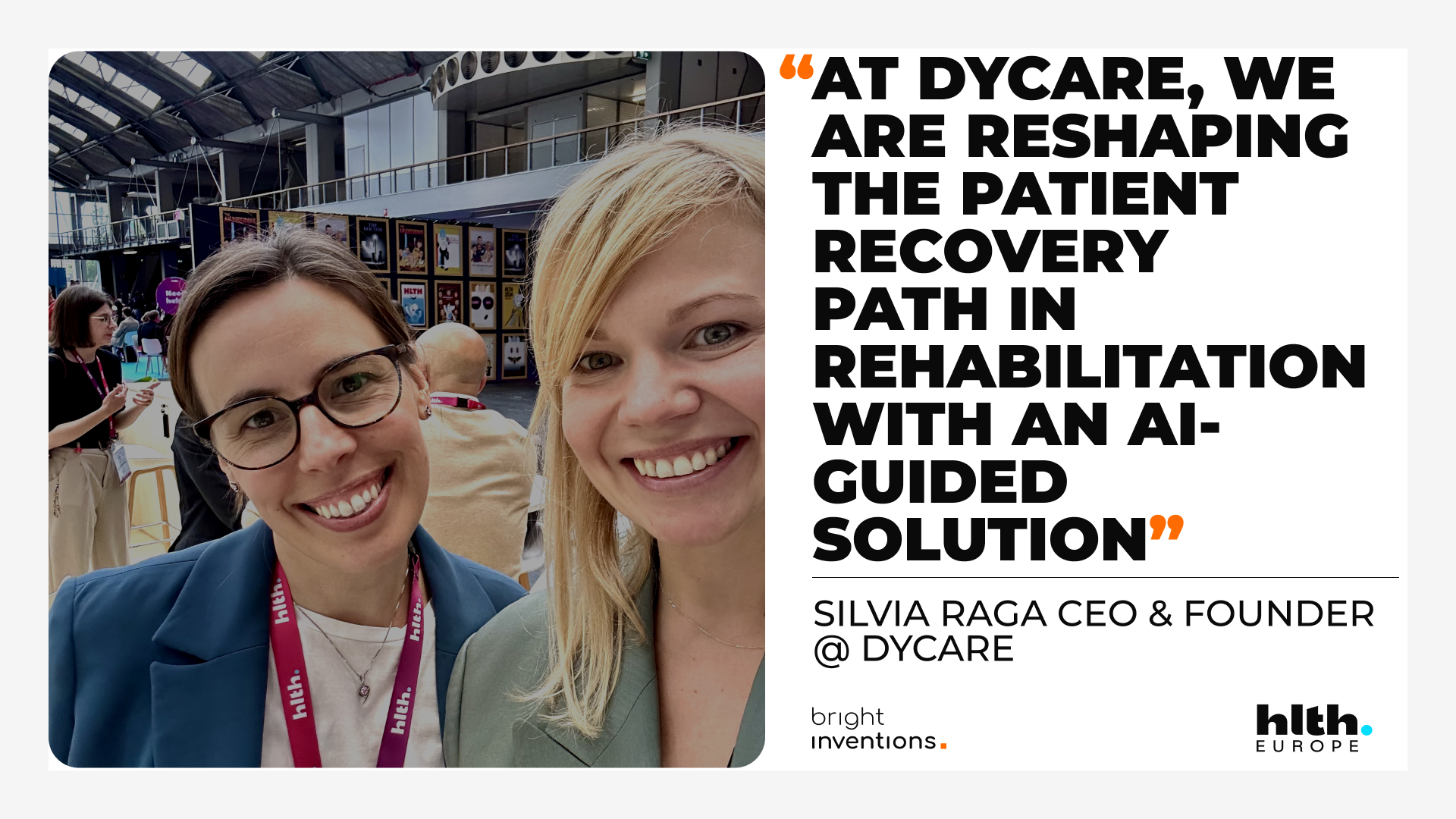
Challenges: Data Security and Ethical Concerns
Despite its promise, AI adoption in healthcare is not without challenges. Concerns around data security and accessibility loom large. As Dr. Mohammad Al-Ubaydli noted, "data must ultimately belong to the individual," stressing the need for secure, patient-centric models. Michel Valstar echoed similar sentiments, explaining that ethical implementation is critical, particularly in sensitive areas like mental health, "I think that generative AI, large language models are not good enough yet to independently provide this. But as a tool, as a co-pilot tool to steer, to help human therapists, I think its a fantastic tool."
The disparity in AI accessibility also raises alarms. Dr. Brown pointed out that "struggling hospitals may continue relying on human capital while wealthier ones move forward with innovative AI solutions," highlighting the risk of a fragmented healthcare system.
Real-World Applications and Success Stories
Numerous successful applications of AI in healthcare were showcased at the conference:
-
Diagnostics and Prevention: Smarter Diagnostics uses AI to detect early symptoms of orthopedic issues, promoting preventive care.
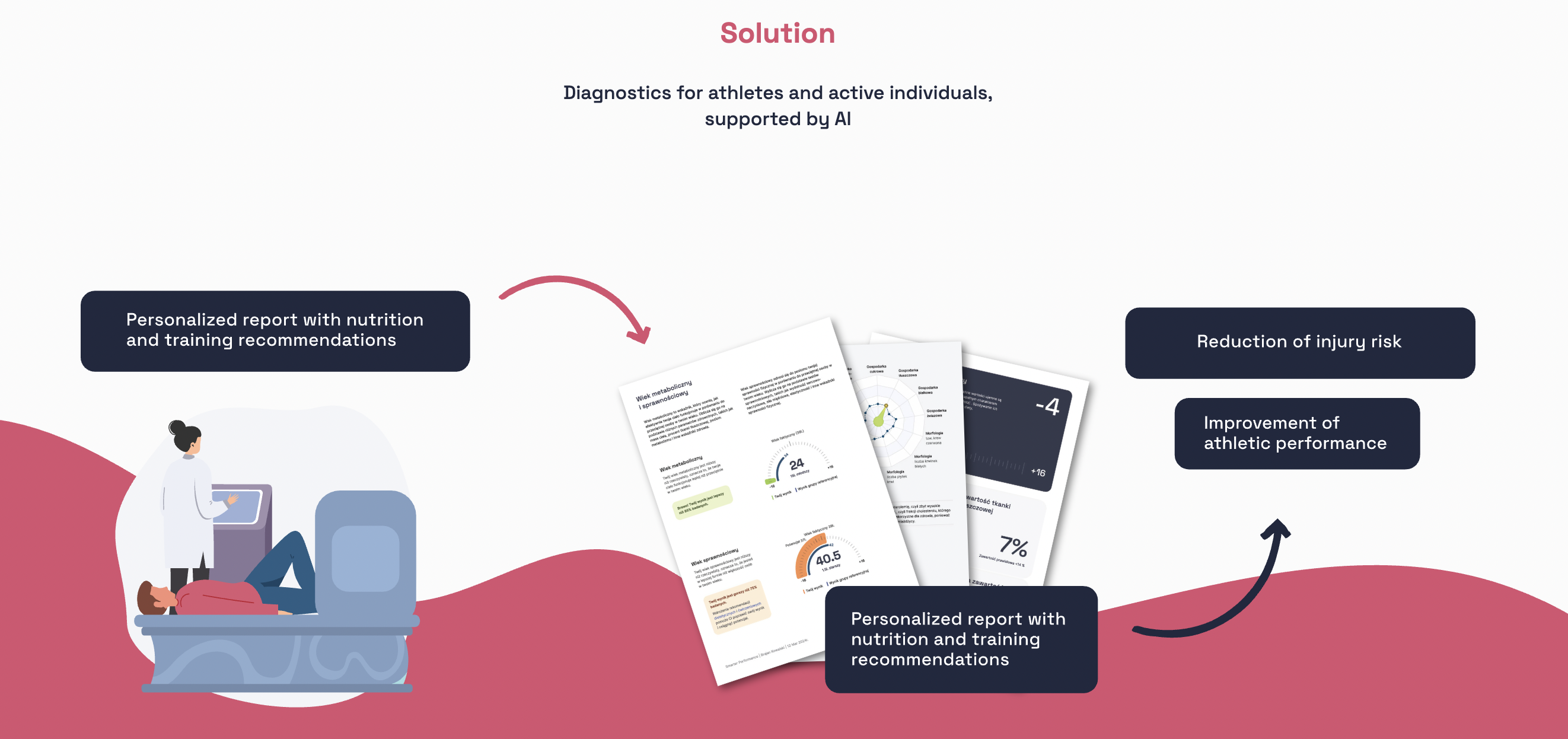
-
Rehabilitation: DyCare’s AI-driven platform enables remote rehabilitation with real-time monitoring, providing both accessibility and efficiency.
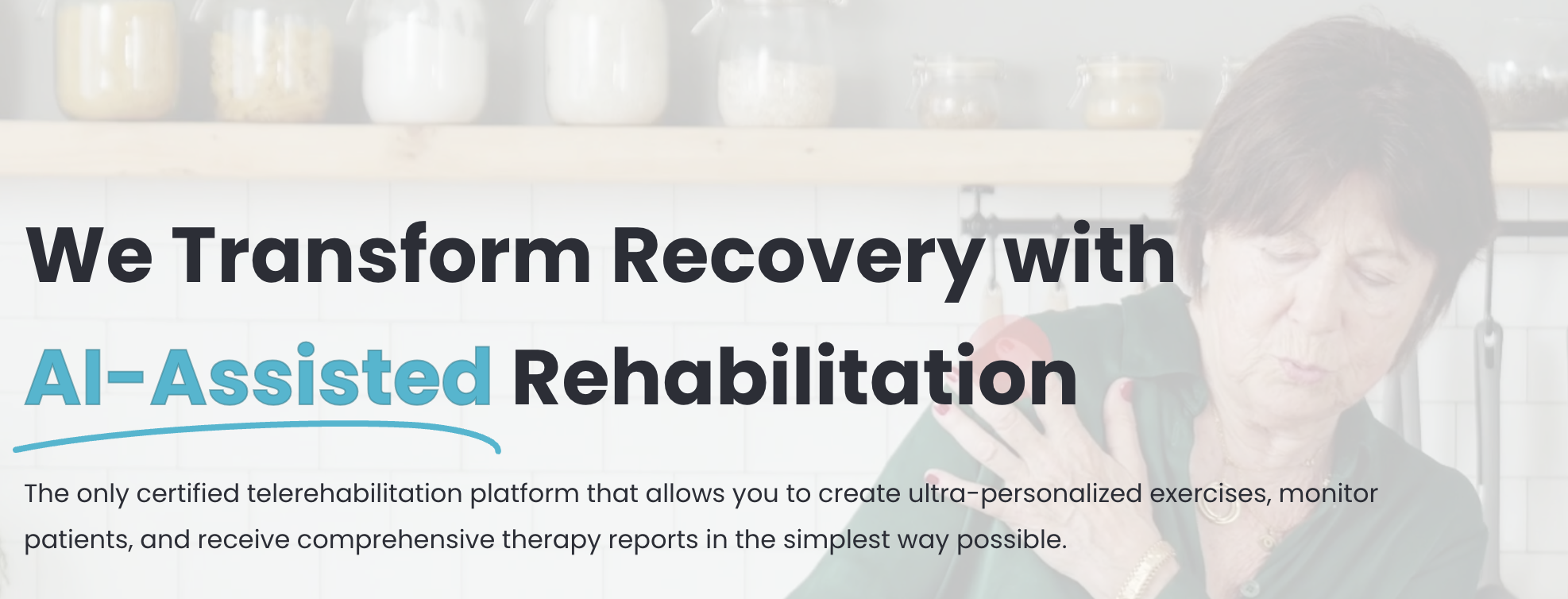
source: https://www.dycare.com/en
-
Mental Health: Blueskeye AI focuses on creating medically relevant face and voice analysis technologies designed to improve the future for as many people as possible. Their technologies are capable of analyzing facial muscle actions and face patterns, linking them to medical conditions such as depression or anxiety.

source: https://www.blueskeye.com/
-
Nutrition: Anydish uses AI to analyze online recipes, index them by nutritional values, and enable health practitioners to create personalized nutritional plans. Patients access tailored recipes via the app.
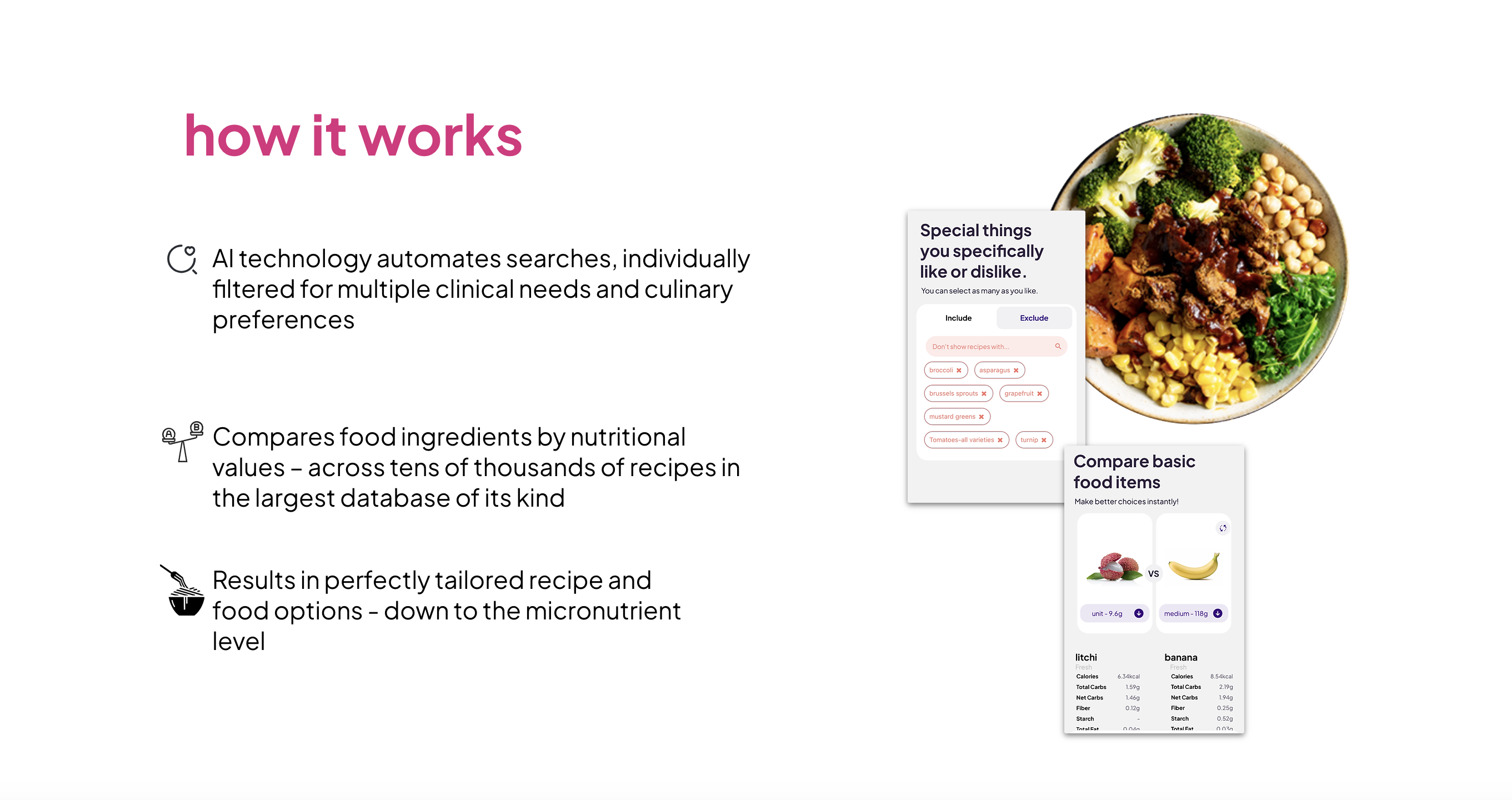
source: https://www.anydish.me/
These examples underscore the transformative potential of AI when combined with ethical practices and human oversight.
A Future Full of Promise—and Caution
The healthcare industry is increasingly embracing AI, with trends pointing toward its integration in diagnostics and patient management. However, the sentiment at HLTH Europe was mixed, reflecting both optimism and caution. As Michel Valstar summarized, "Generative AI can be a fantastic tool for assisting human therapists, but it’s not ready to operate independently."
The road ahead for AI in healthcare involves striking a balance—leveraging its strengths while addressing its limitations. With careful implementation, AI has the potential to revolutionize healthcare, making it more efficient, equitable, and personalized.
want to know more about AI in healthtech?
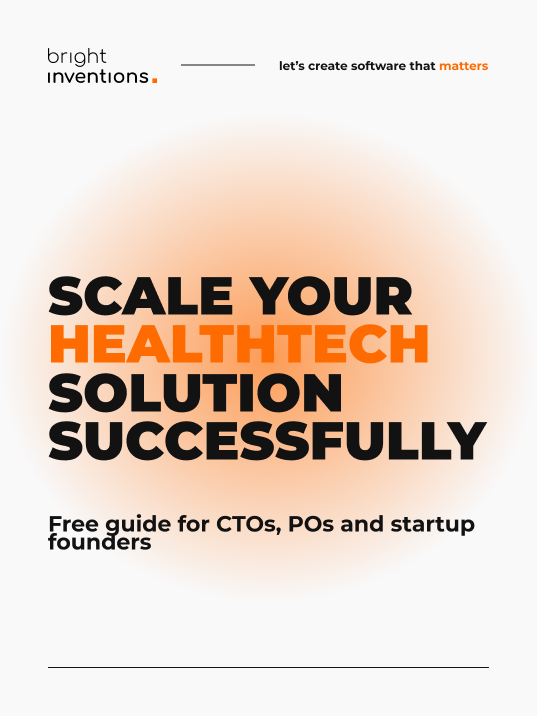
Conclusion
AI is not a panacea, but when used responsibly, it can bridge critical gaps in healthcare delivery. As the HLTH Europe conference demonstrated, the focus must remain on collaboration between technology, professionals, and ethical frameworks to ensure AI’s impact is both meaningful and sustainable.
AI in healthcare is no longer a question of "if" but "how"—how to implement it thoughtfully, ethically, and effectively.
